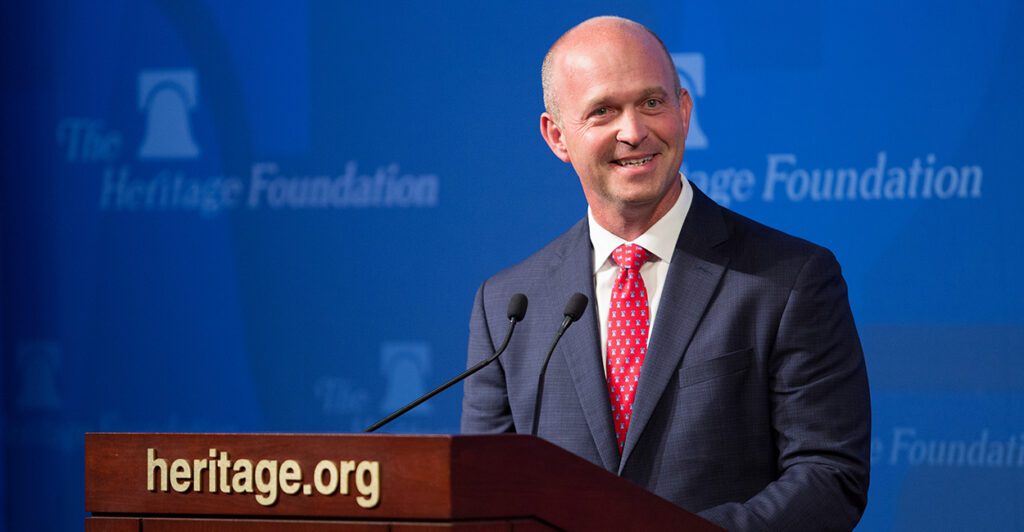
“I am kind of enamored with the idea of ‘dissident conservatism,’ especially since I am someone who is often described as a ‘disrupter.’ Frankly, this is a label that I relish.” —Kevin Roberts
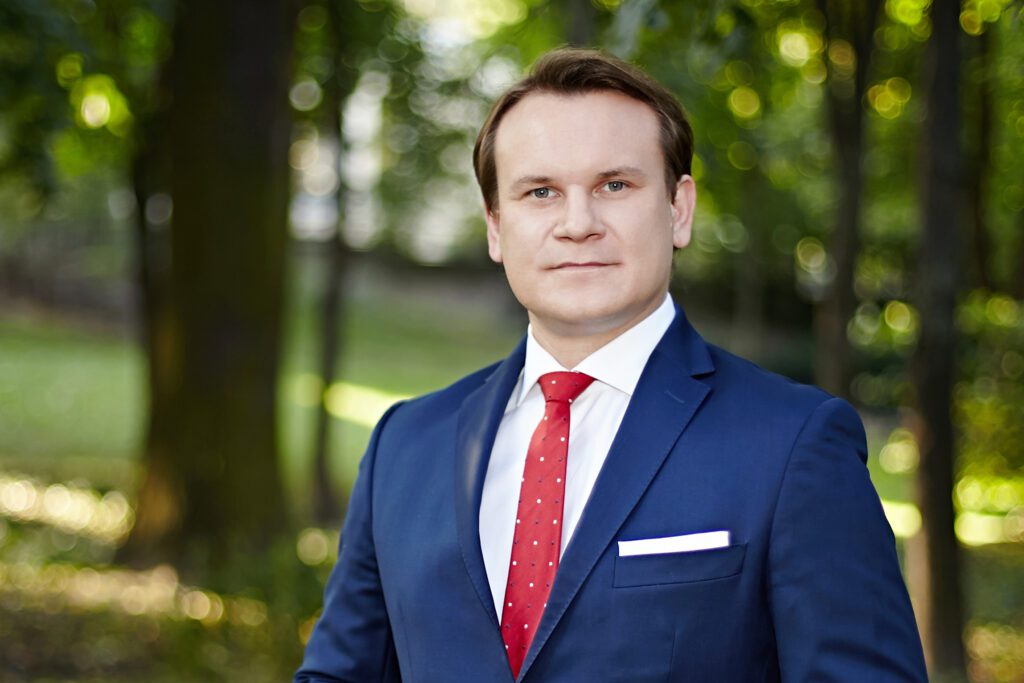
Self-confidence is very important in a nation, and many lack this. Poland has it because of the hard experiences we have endured. We understand what sovereignty means, and we know how to celebrate every moment of freedom.
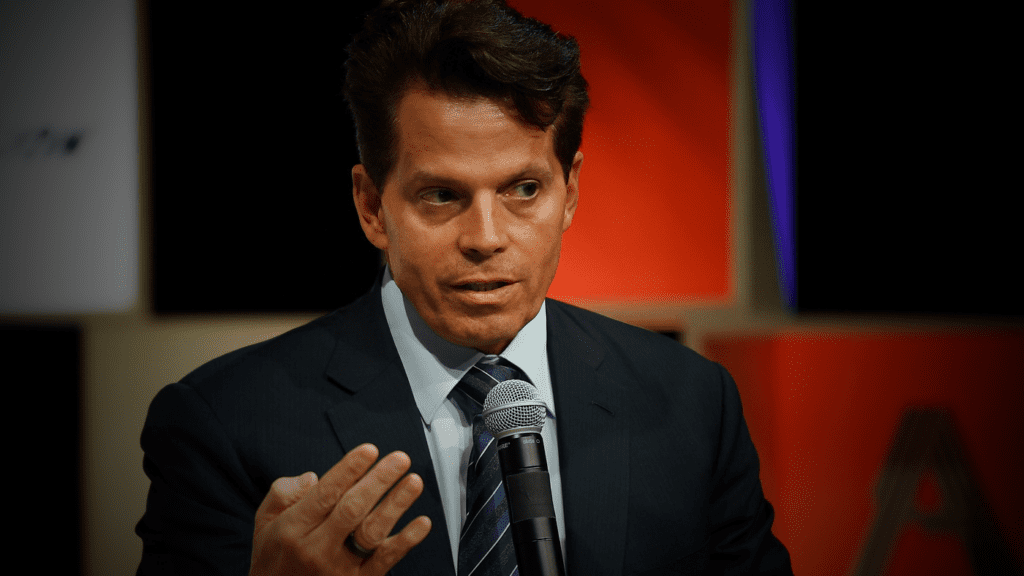
Anthony Scaramucci believes there is a strong moral case for crypto. Whereas the Federal Reserve can inflate away our money today, crypto remains impervious to such measures.
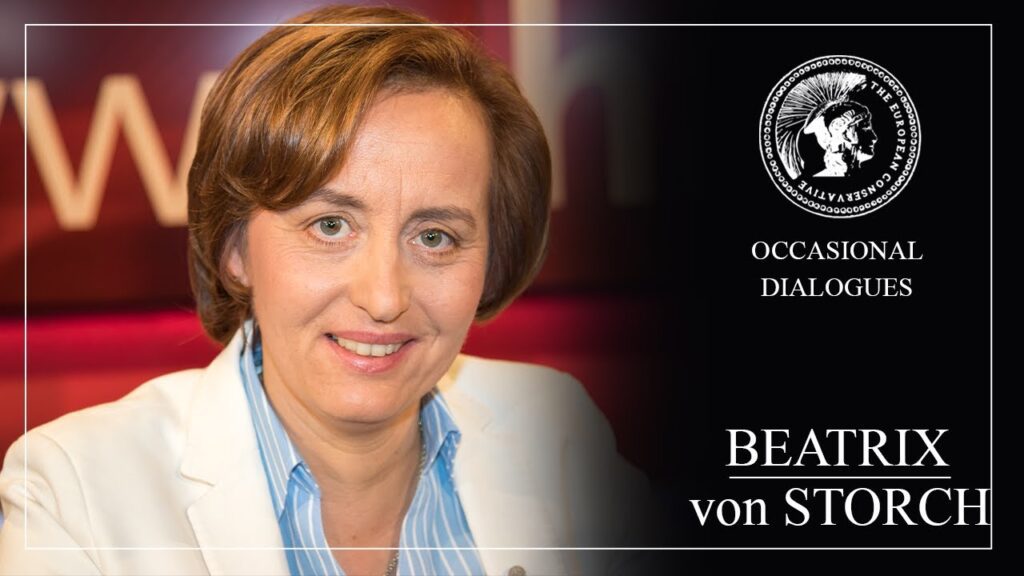
In this episode of our ‘Occasional Dialogues’ series, Jan Bentz interviews Beatrix von Storch about the AfD, political turbulence in Germany, and conservatism in Europe.
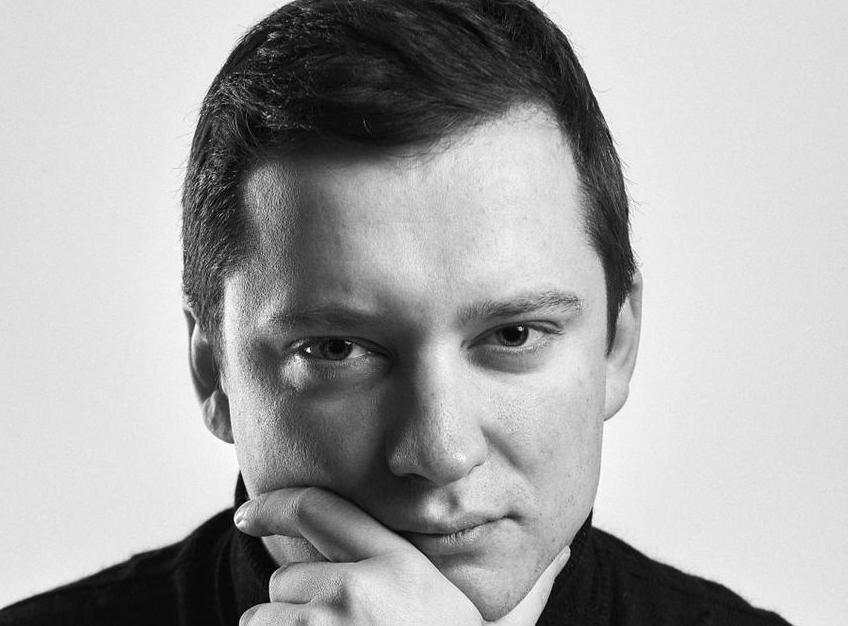
Mykola Volkivskyi is the former advisor to the chairman of the Committee of the Ukrainian Parliament (2014-2021). A political and
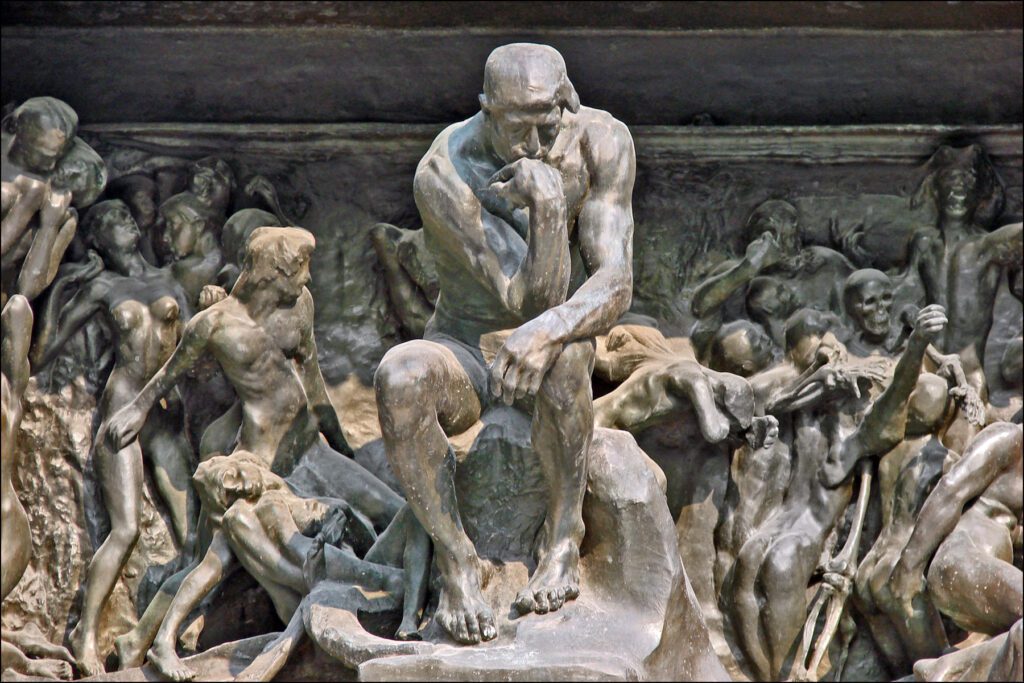
I’m disappointed in the NDP [New Democracy Party] in Greece and the NDP [New Democracy Party] in Canada. They are different parties, but in both cases they’re merging into a leftist ‘uniparty.’ It’s as if we just let the parties get run by unelected technocrats who basically are telling us how to live our lives. That is not freedom.
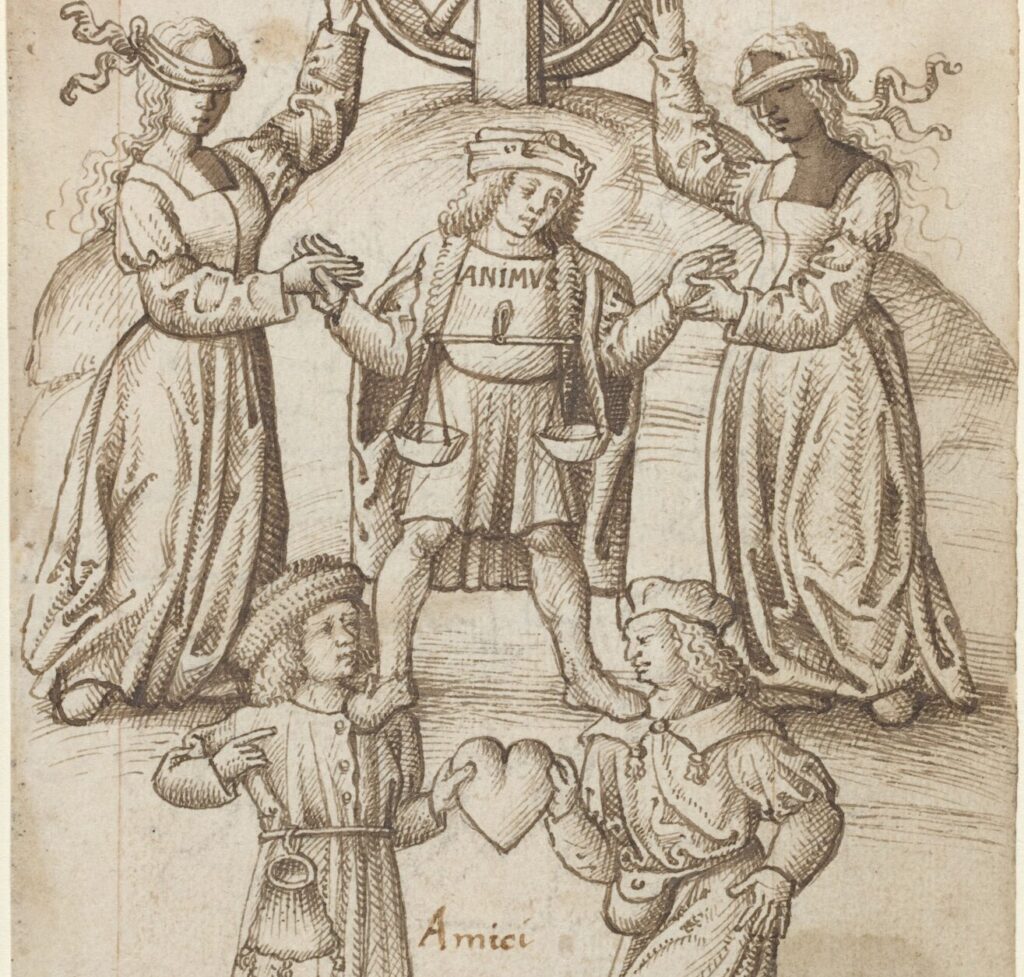
Political friendship comes from the temporary alignment of interests between two peoples. This same principle applies to political hostility. When that is understood, it becomes clear that today’s foe may be tomorrow’s friend.
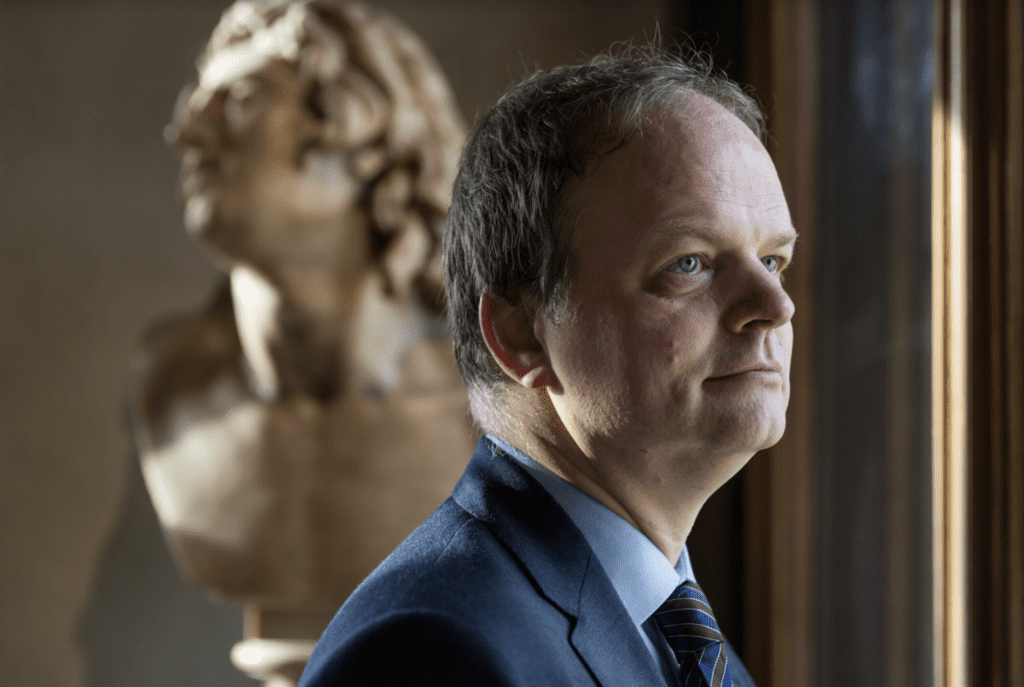
It is often claimed that these actions are completely free of violence, but this is not the case. There is verbal violence, there is simulated, theatrical violence against works of art, and that is violence too.
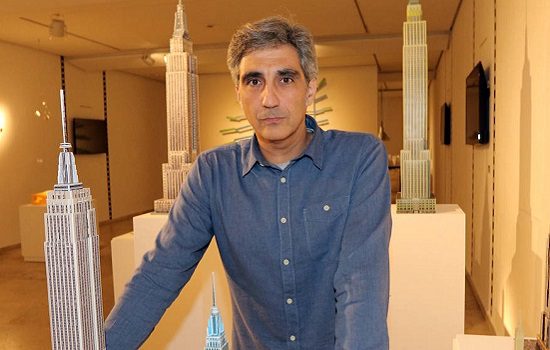
Both Alexander the Great and Cortés oversaw processes of vast imperial expansion. Even in his lifetime, Cortés’ stature could only really be compared with that of Julius Caesar, Hannibal, or Alexander himself.
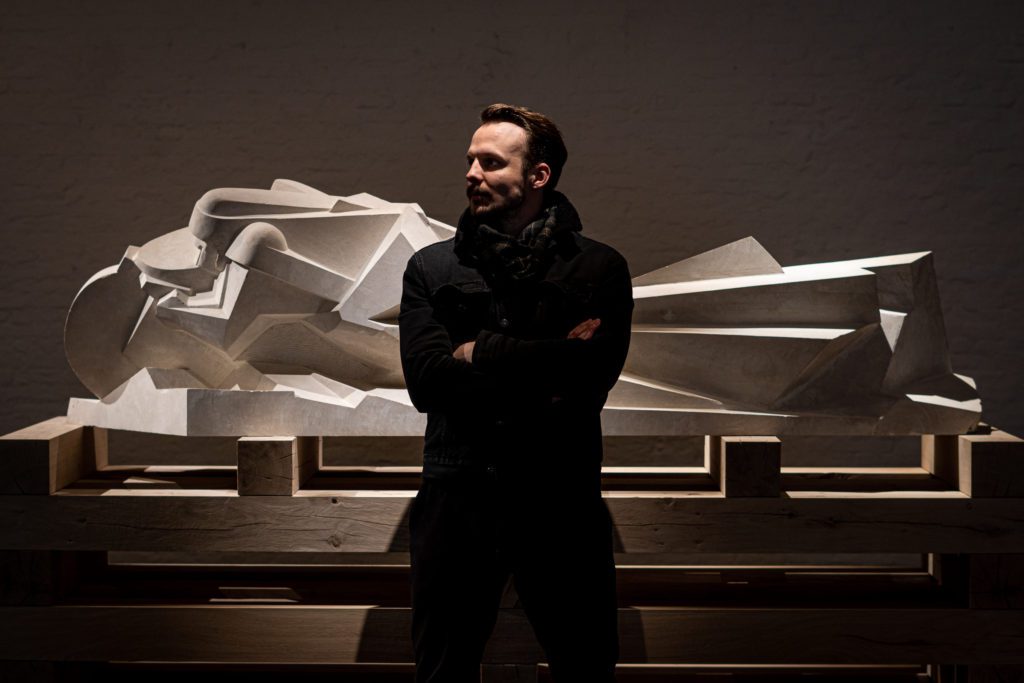
You have to disconnect people from the idea of the heroic if you want to weaken a nation… The arts establishment doesn’t want heroes, because a hero represents something that is ‘unequal.’ Heroes represent something that has achieved greatness.

“There’s a widespread perception in Europe that the real problem is not the EU’s many failures, but the people who point them out.”—Viktor Orbán

The CDU has never been a conservative party in the classical sense, but for many decades the party understood how to integrate a conservative wing into its leadership.
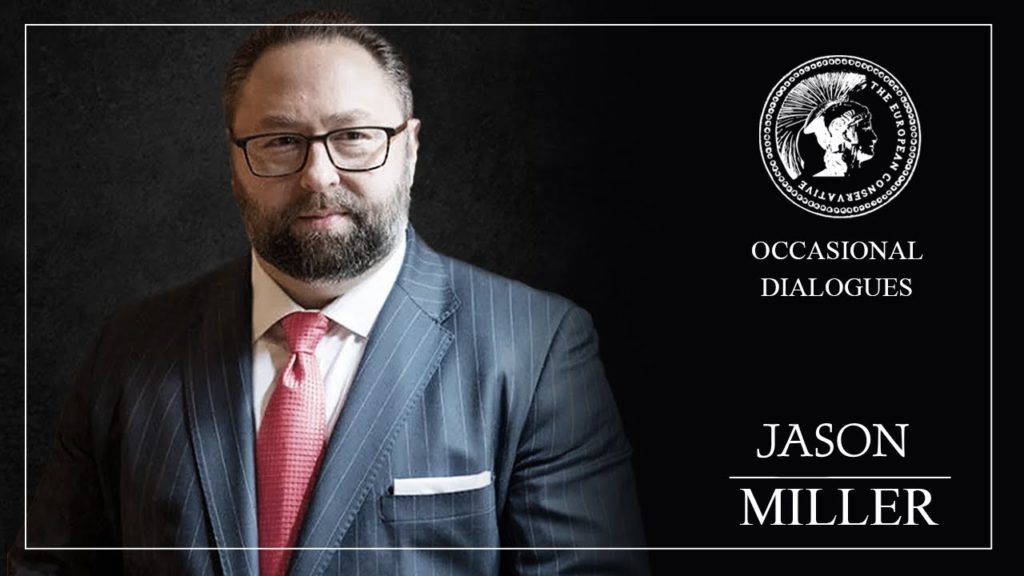
In this episode of our ‘Occasional Dialogues’ series, Alvino-Mario Fantini interviews Jason Miller of GETTR about the prospects for conservative media in Europe.

We Estonians know from our own historical experience what happens when we make concessions to Russia.

“There didn’t seem to be an option where a woman could be consecrated and dedicate her life of evangelical chastity to the service of God and the Church in the context of a local church—then I realised that the vocation of consecrated virginity fills that gap.”

In the second in our ‘Occasional Dialogues’ series, Harrison Pitt interviews Peter Hitchens about the Russia-Ukraine war.
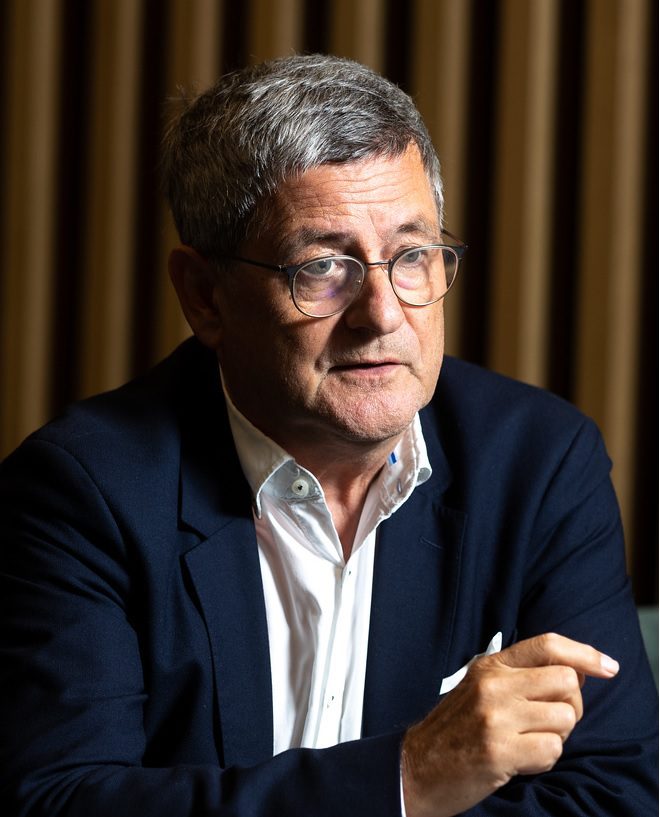
“The Germans want European solidarity, and solidarity always means, euphemistically, that I am poor, so I am taking something from you.”— Roland Tichy, founding editor of Tichys Einblick

The implication of the postmodern social constructivist view of knowledge is that the teacher, at best, has nothing substantial to offer and, at worst, is engaged in some form of oppression of students. When school systems adopt the latter view, it is logical that the social status of teachers is eroded.
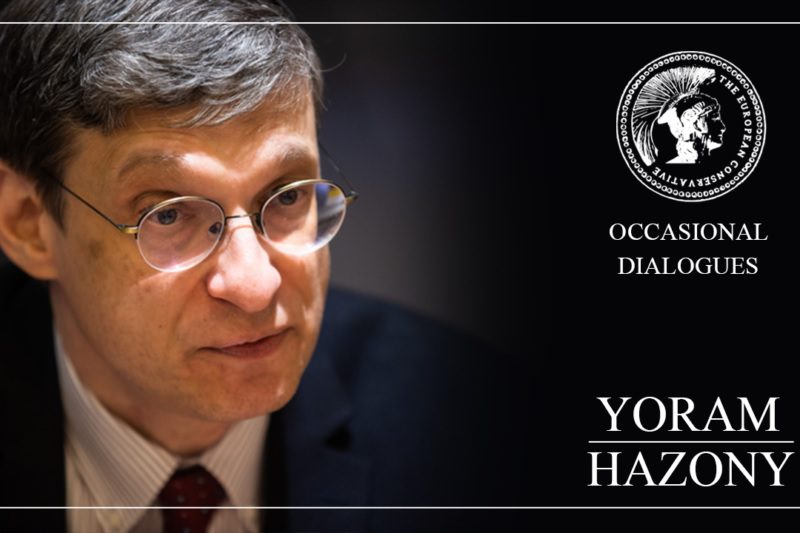
In the first in our ‘Occasional Dialogues’ series, Harrison Pitt interviews Yoram Hazony about his new book, Conservatism: A Rediscovery.

Even a cursory look at history reveals that the concept of Catalan identity as separate from Spanish identity is a modern invention: “The Spanish region now known as Catalonia was part of the historical unity of Spain for more than a millennium before the term Catalonia existed.”
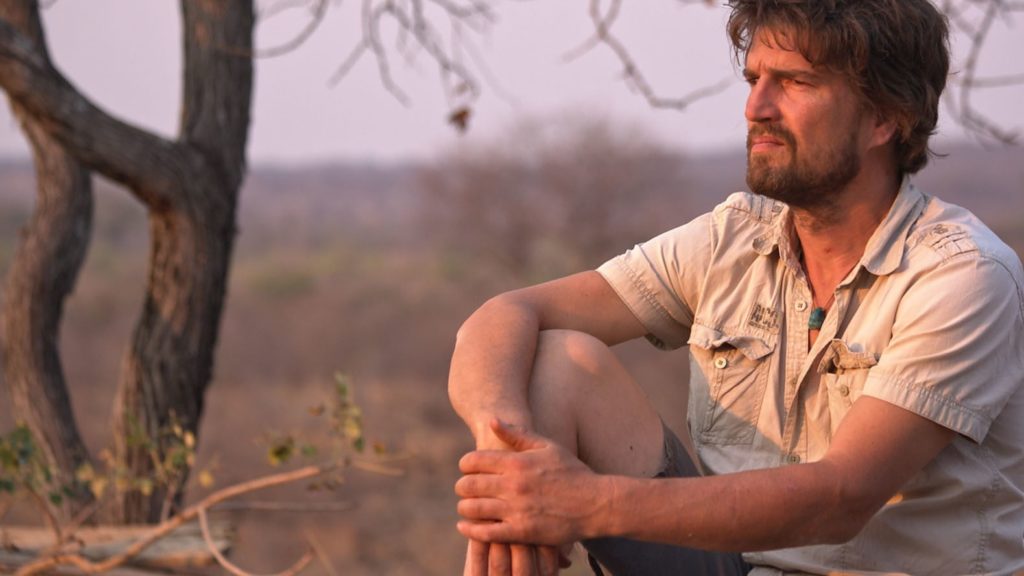
“It’s not particularly about COVID, but about recognizing the patterns we are creating. I think that is the main topic in the film: people need to start seeing the patterns and recognize how they are being copied with every new global threat.”—Marijn Poels